The IFA has scaled down its farm family rally which was due to be held this Sunday 21 November and will instead hold a tractor protest in Dublin.
The event has been scaled down due to rising cases of COVID-19. An emergency meeting of the IFA’s national council was held on Tuesday and the decision was taken at that meeting to scale down the event.
The IFA had planned to demonstrate at Merrion Square, with machinery and animals on display, followed by a march around Dublin and speeches from the IFA leadership.
It is understood the IFA is considering bringing two tractors per county to Dublin, along with a number of farmers from each county to hold county banners.
Modified event
IFA president Tim Cullinan said: “Based on discussions with our members, and following a meeting of national council, we believe a modified event involving tractors and machinery that will allow us to send our message is the safest course of action, given the current COVID situation,” he said.
Cullinan said it was a big decision for IFA, but that it is the right thing to do in light of the increase in COVID-19 numbers and the attendant pressure on our health system.
“The reality is that IFA has been forced to have this protest because the Government has refused to engage with the IFA on a proper plan for the sector at farm level.
“I would call again on the Government to negotiate with elected farm leaders and have meaningful engagement to agree a plan for the sector at farm level, including around the CAP.
“Farmers can play our part on climate change, but we need a plan with proper funding that guarantees economic, social and environmental sustainability,” he said.
Positive message
Prior to the event being scaled down, Cullinan had said that the farm family is the cornerstone on which the wider agri-food sector is built and that the event would see different generations come to Dublin to interact with families outside the farming community.
“We want to send a positive message about what we do and how important that is in terms of producing high-quality food, supporting rural Ireland and contributing to the Irish economy as a whole,” he said.



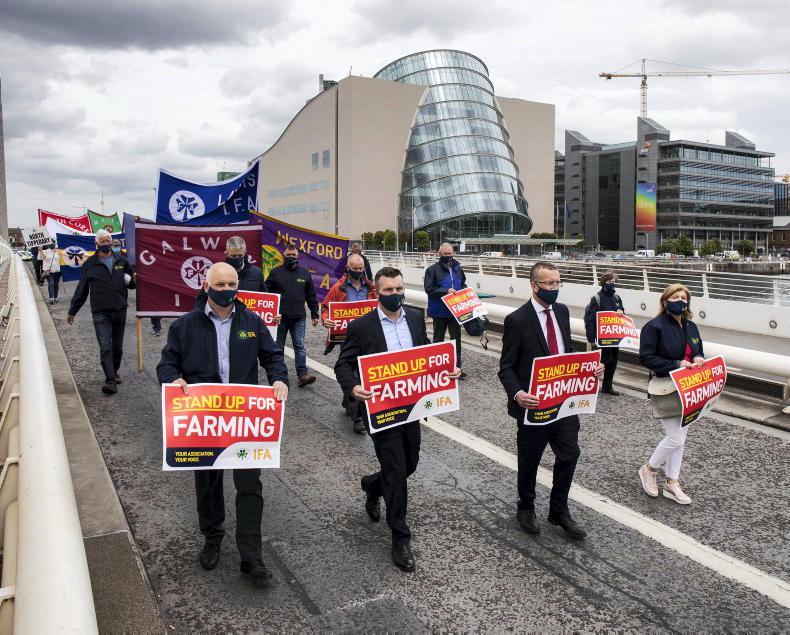

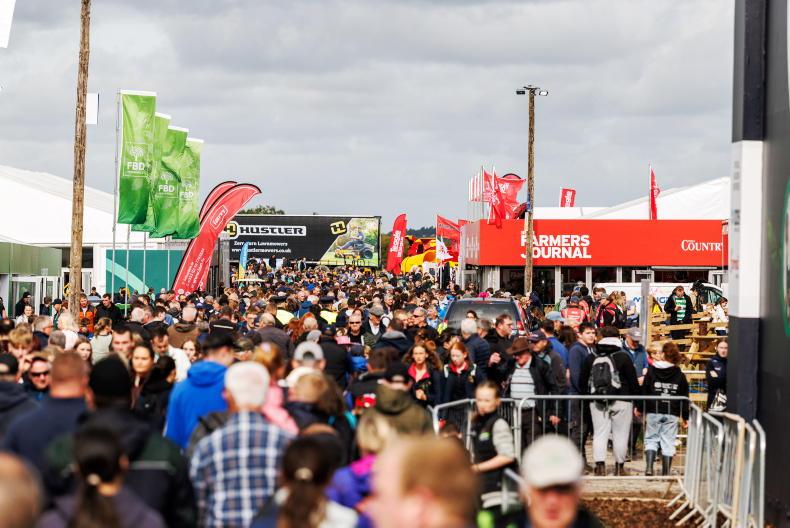
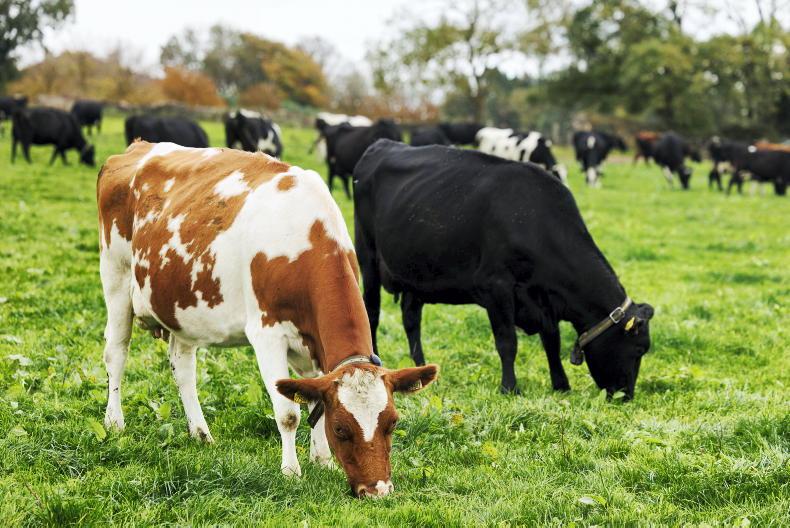
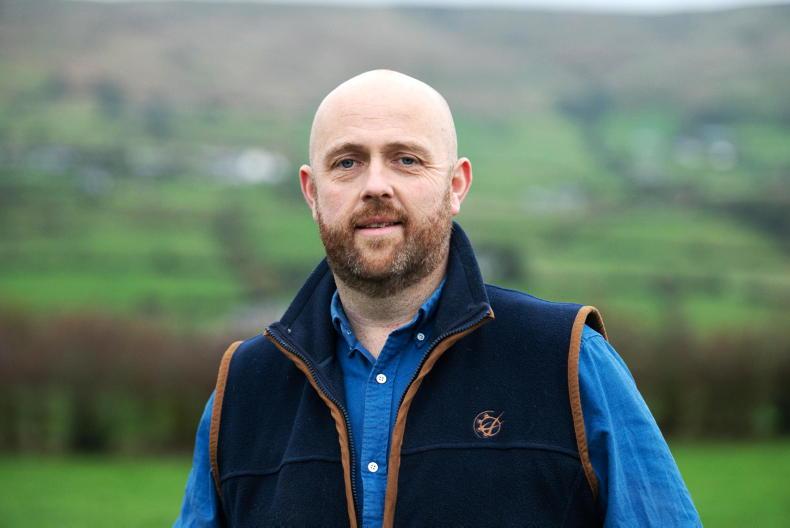
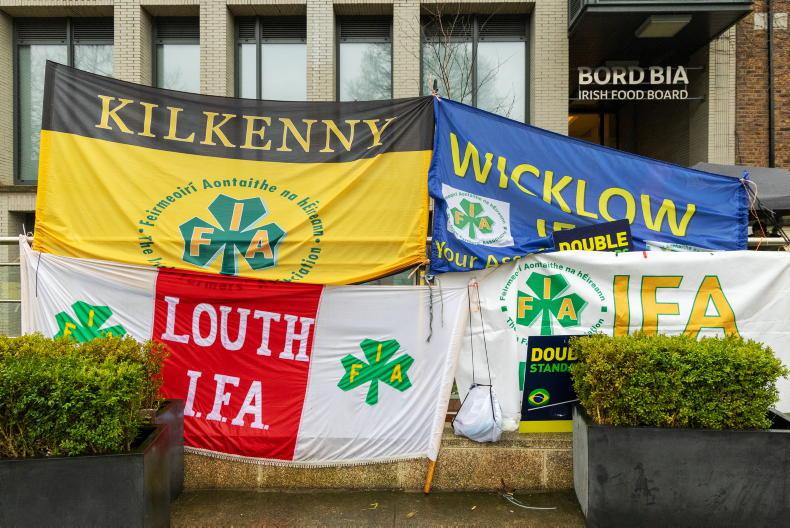
SHARING OPTIONS